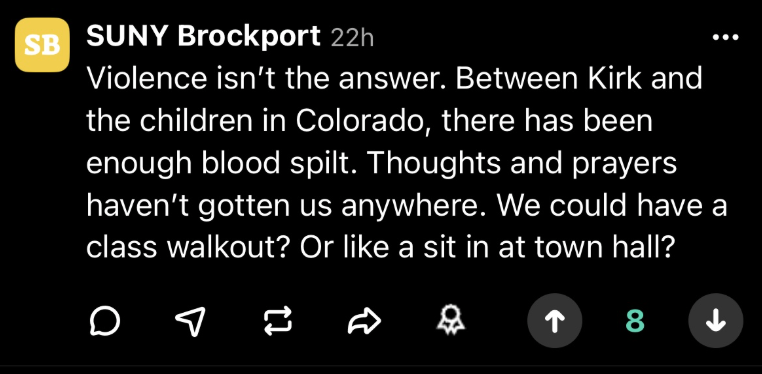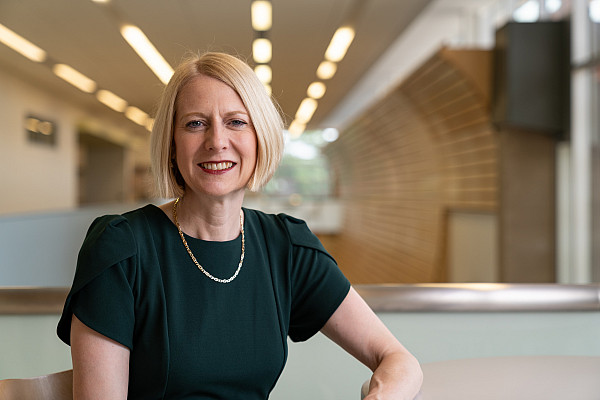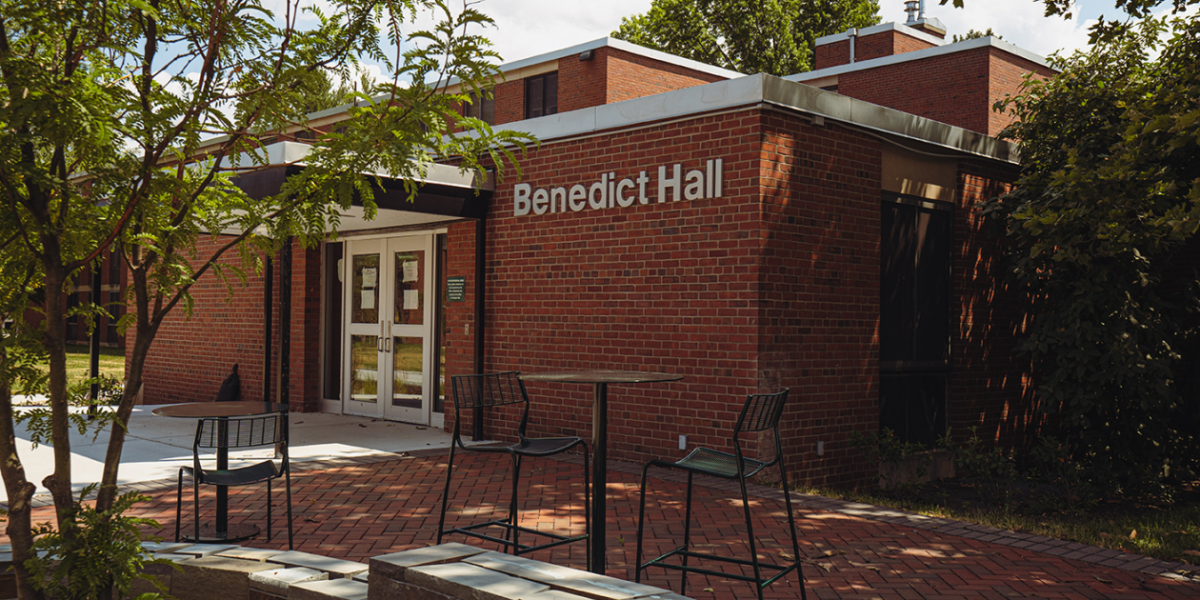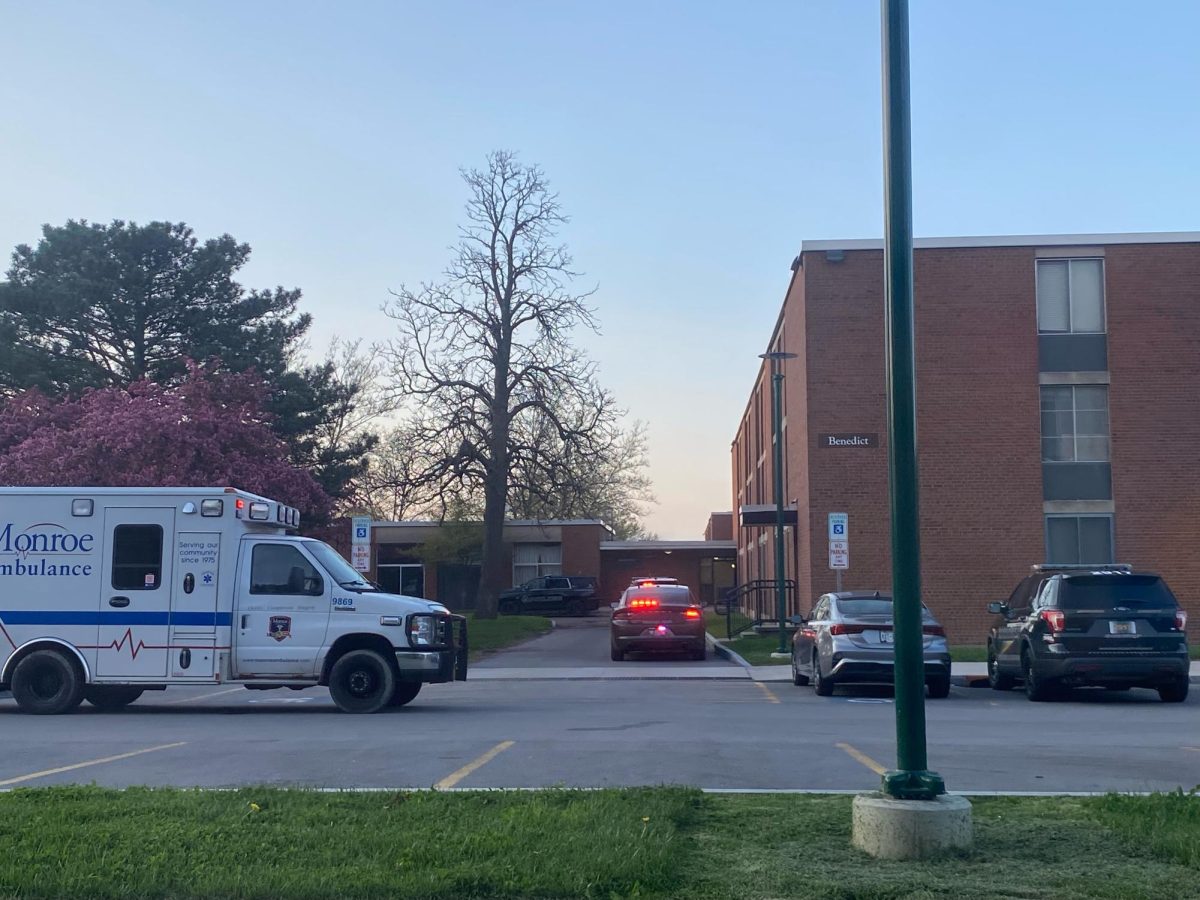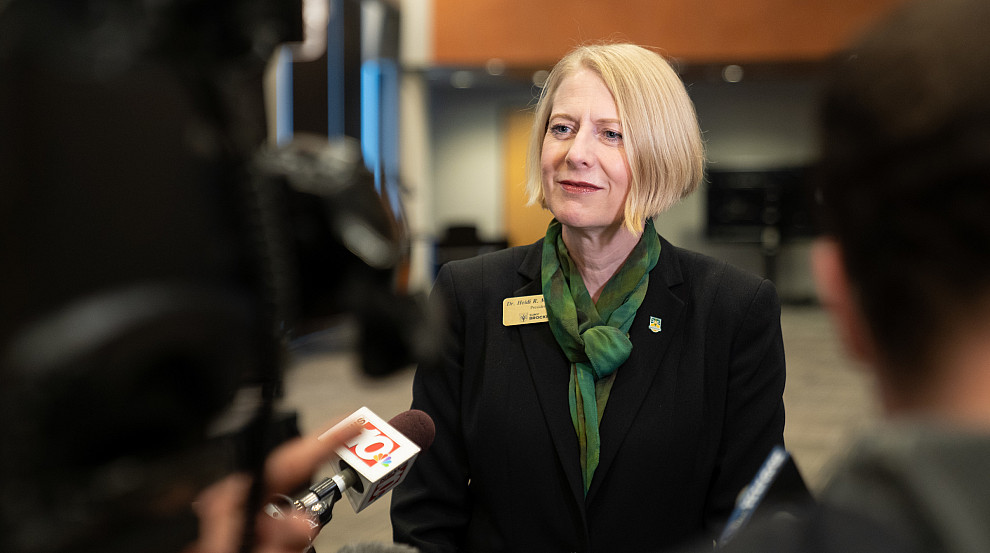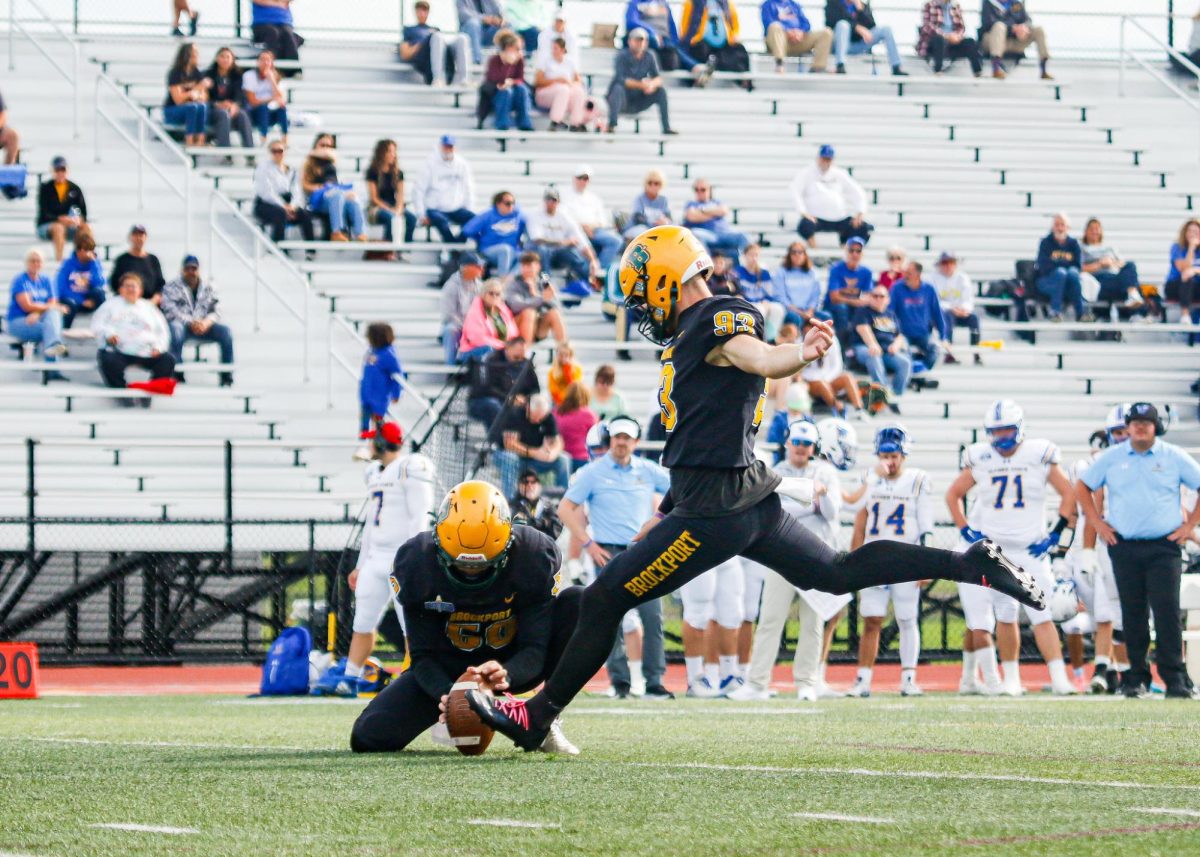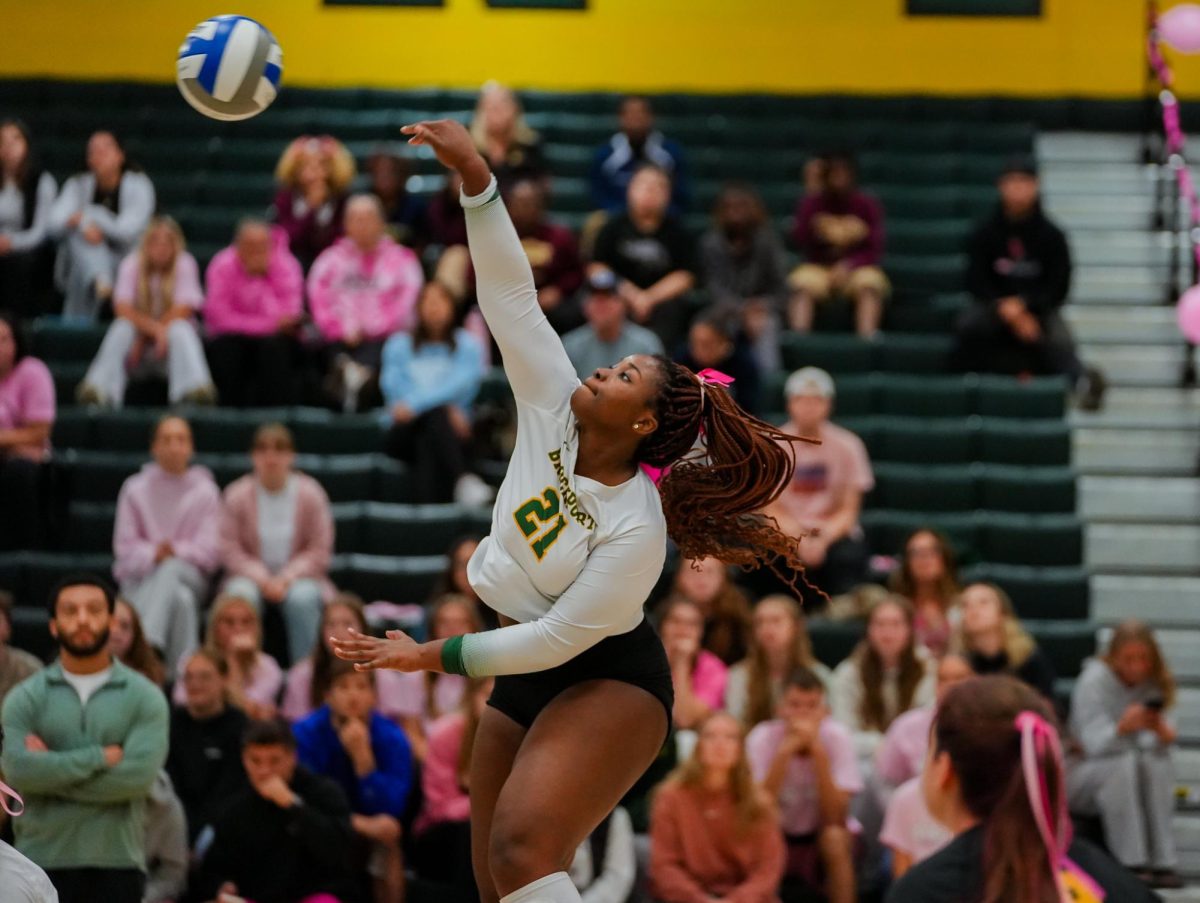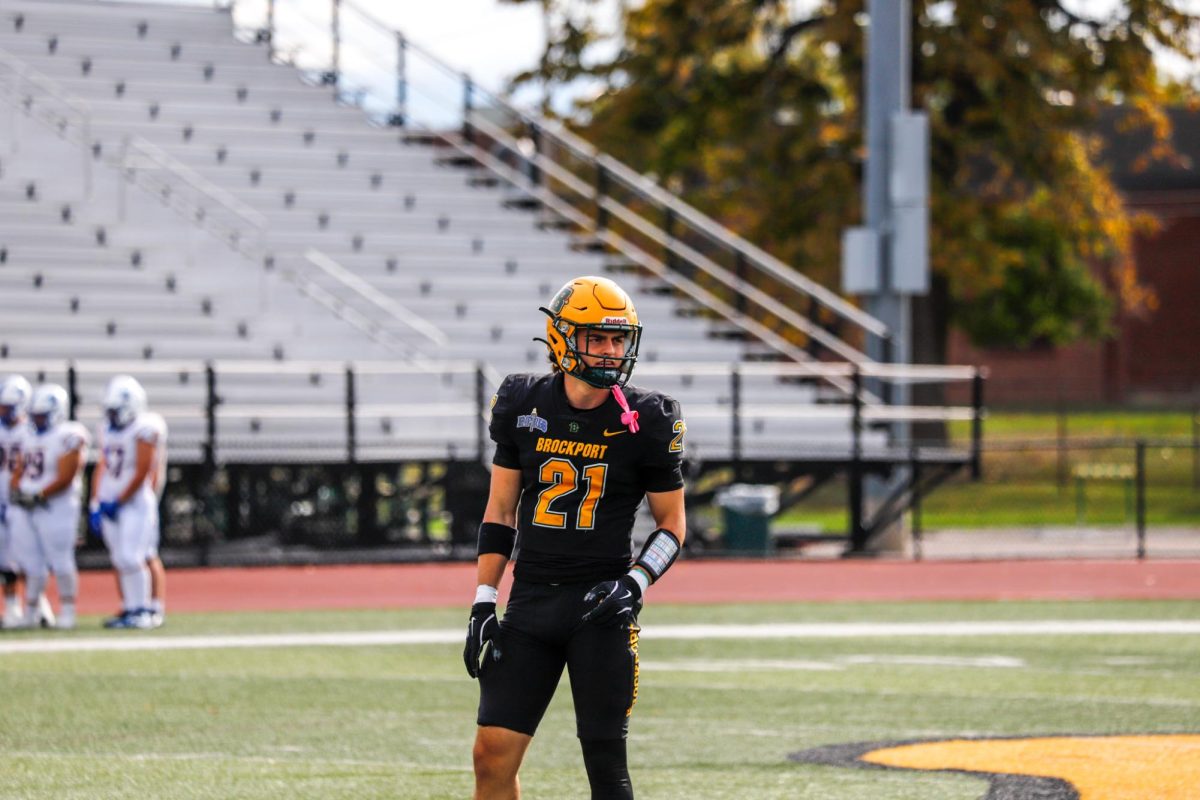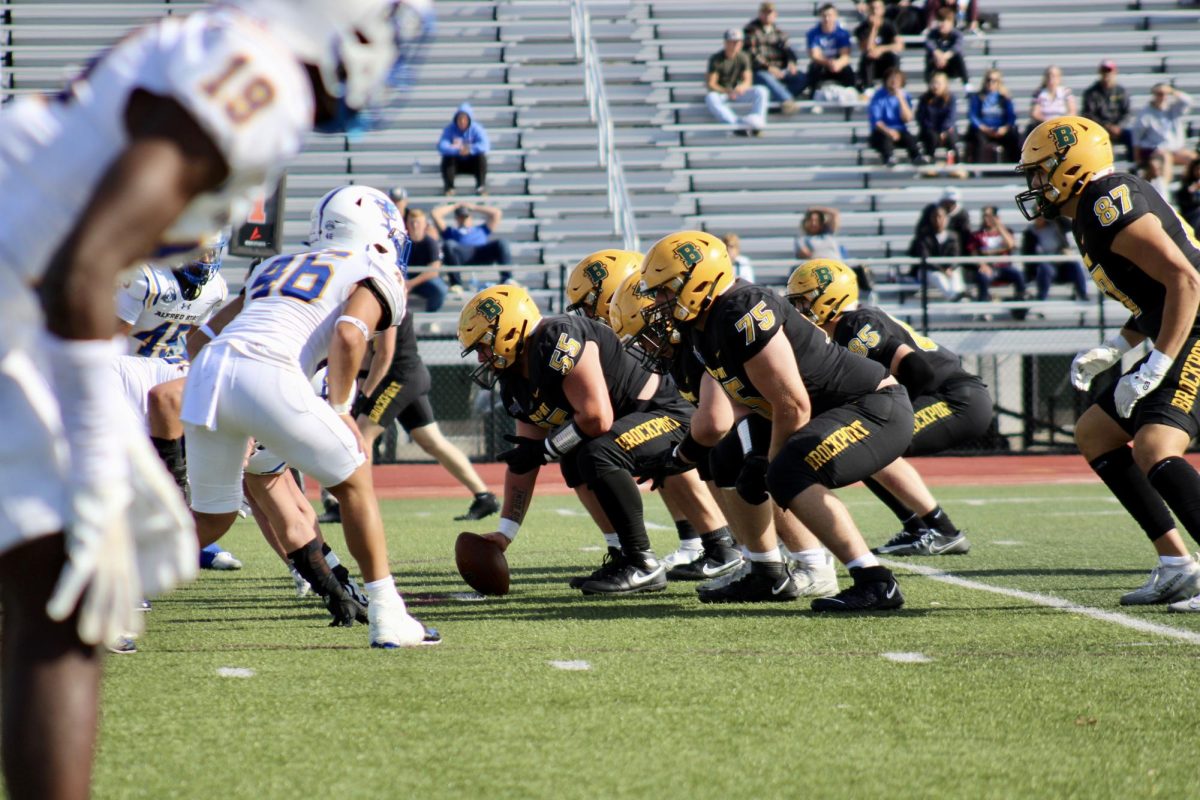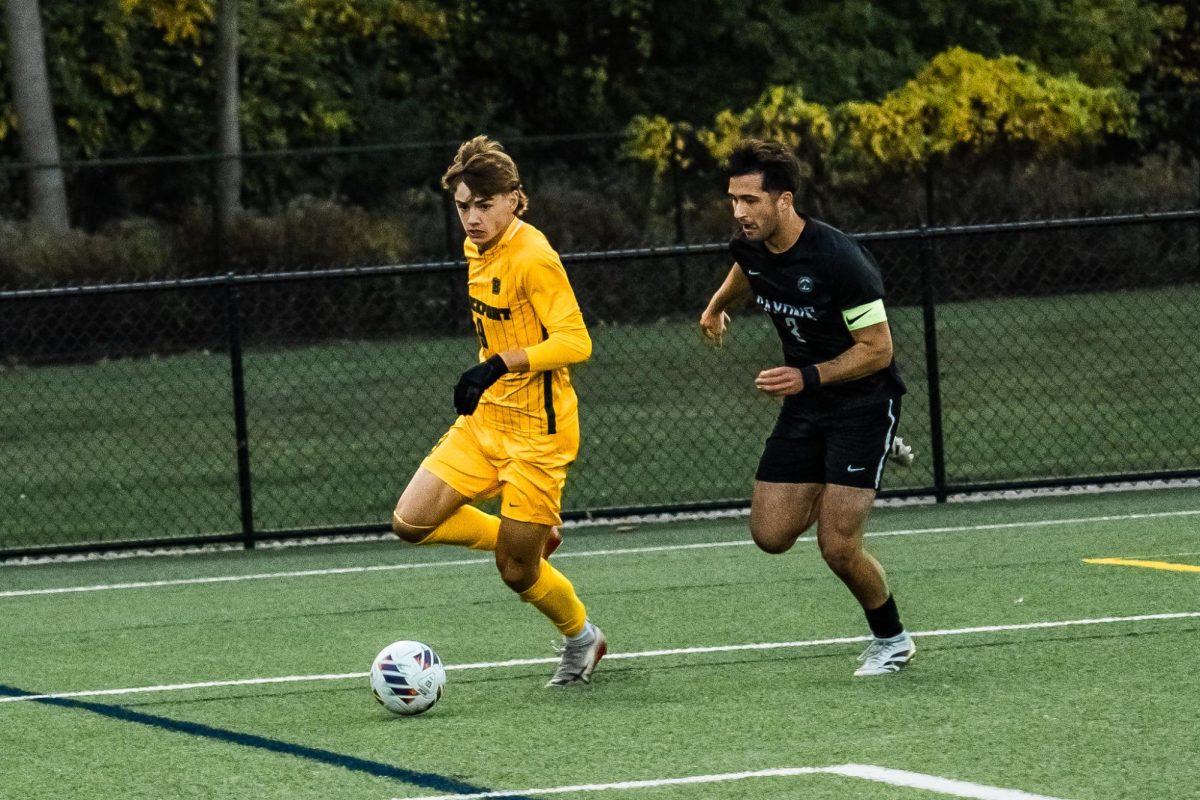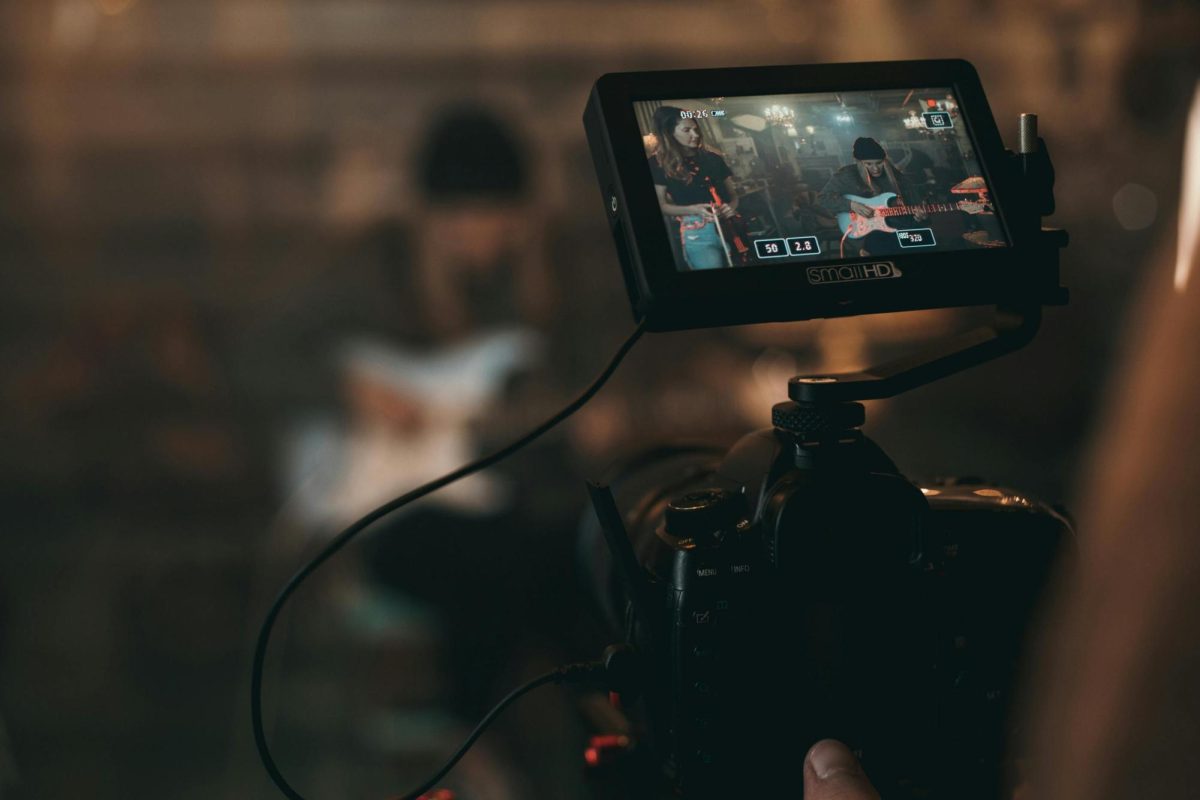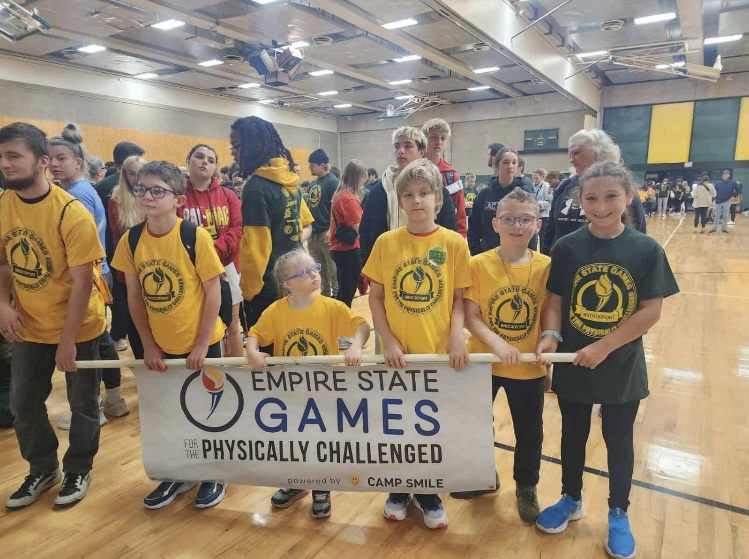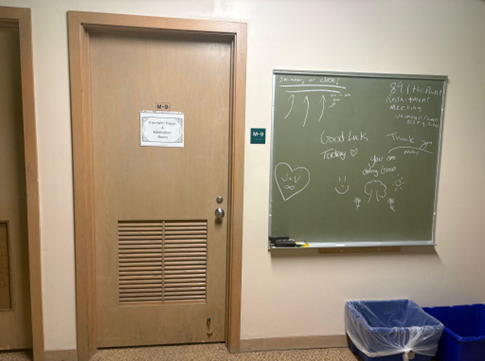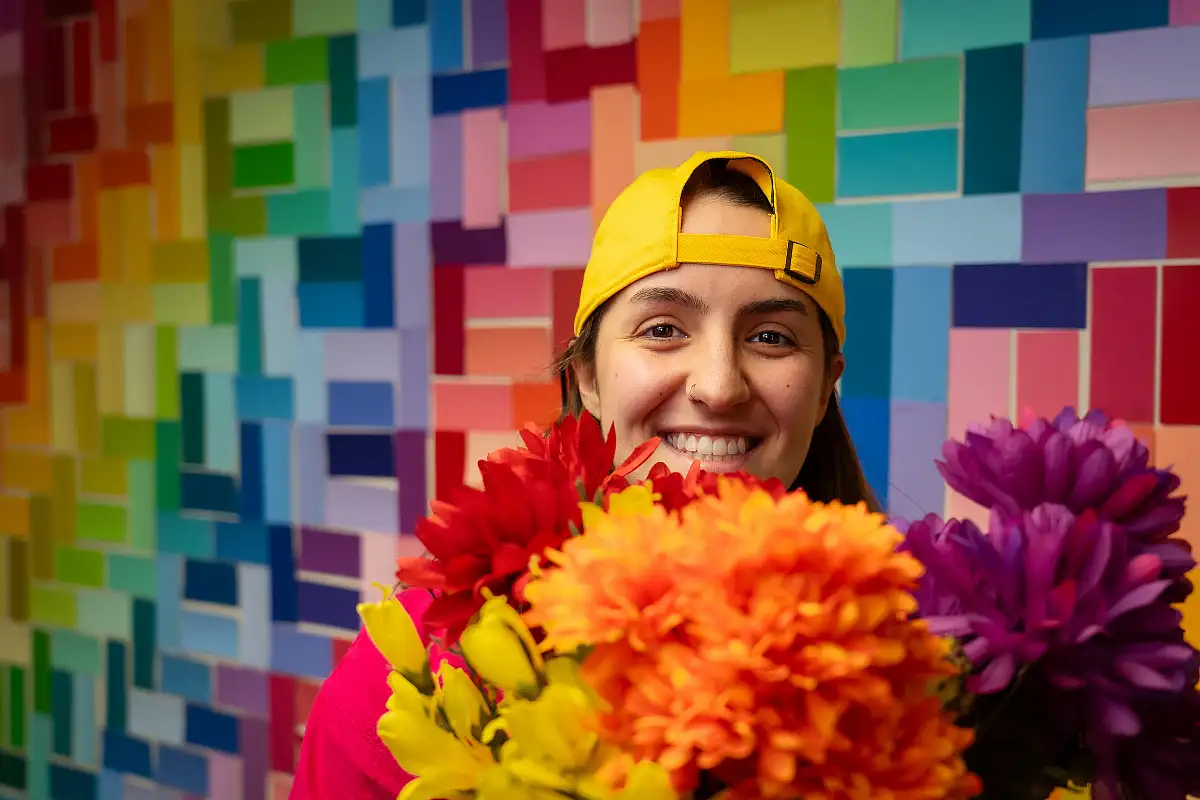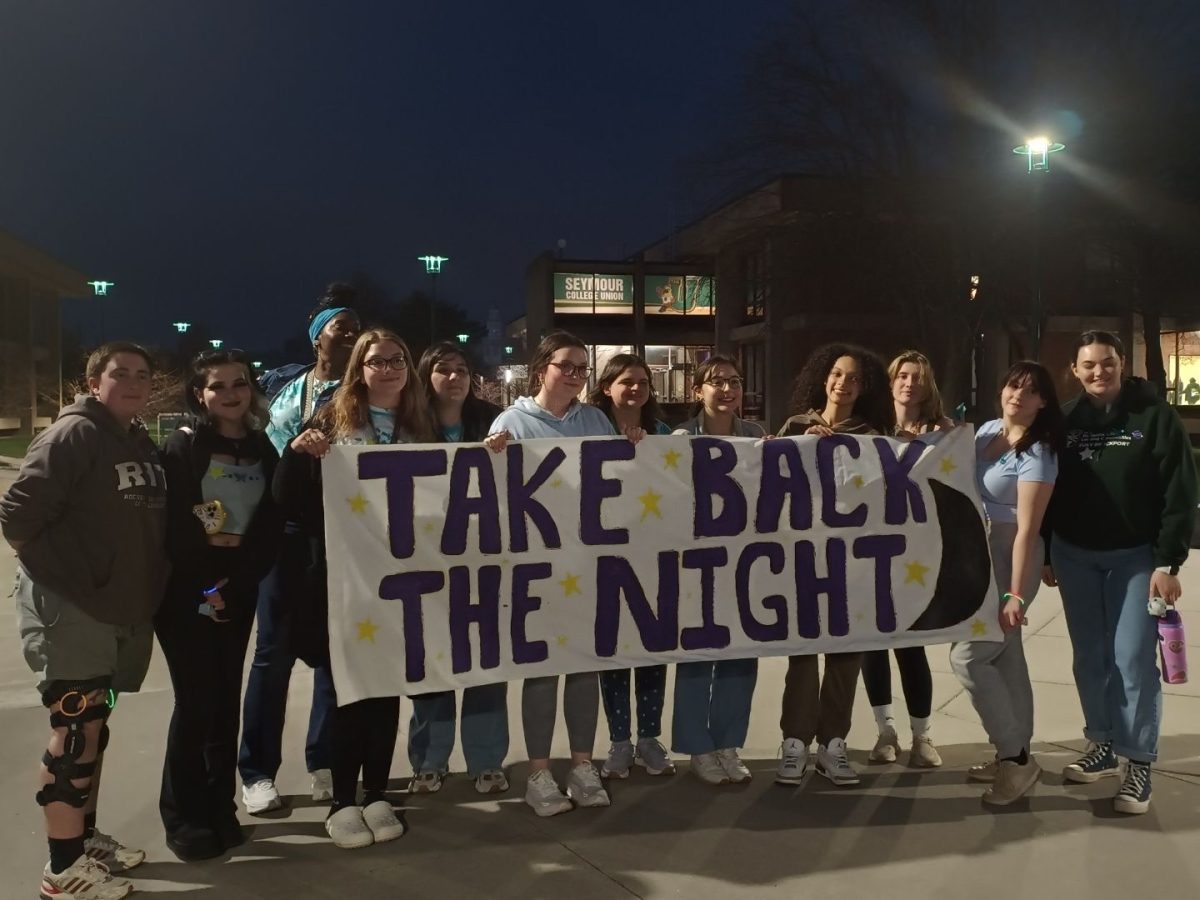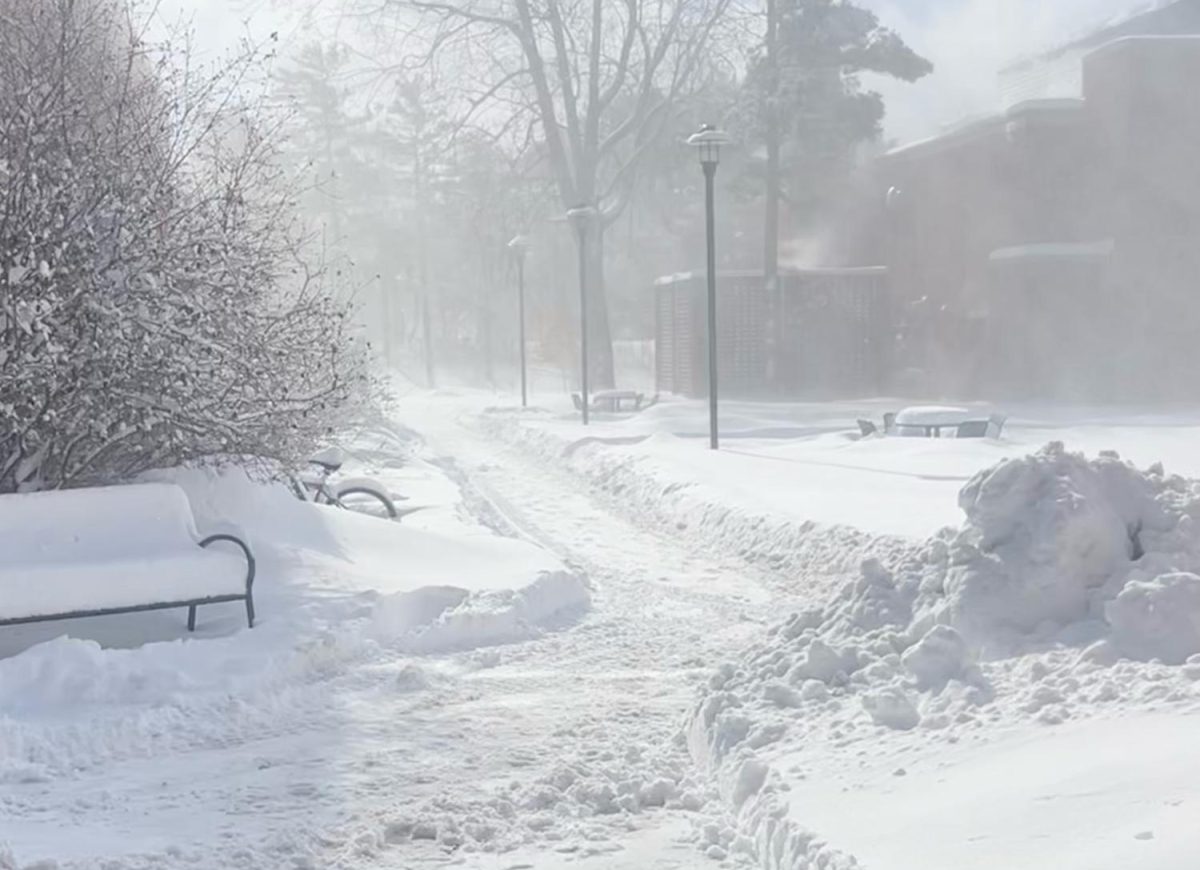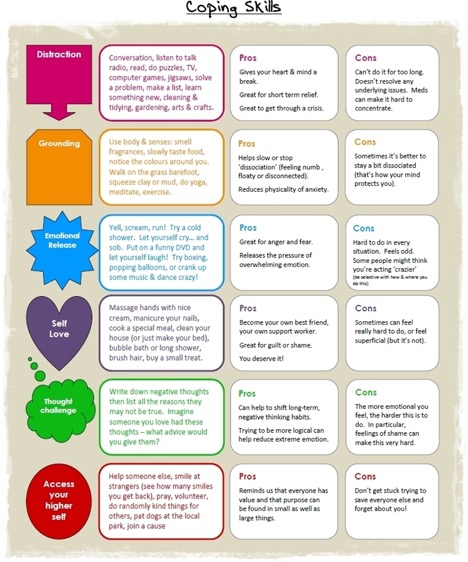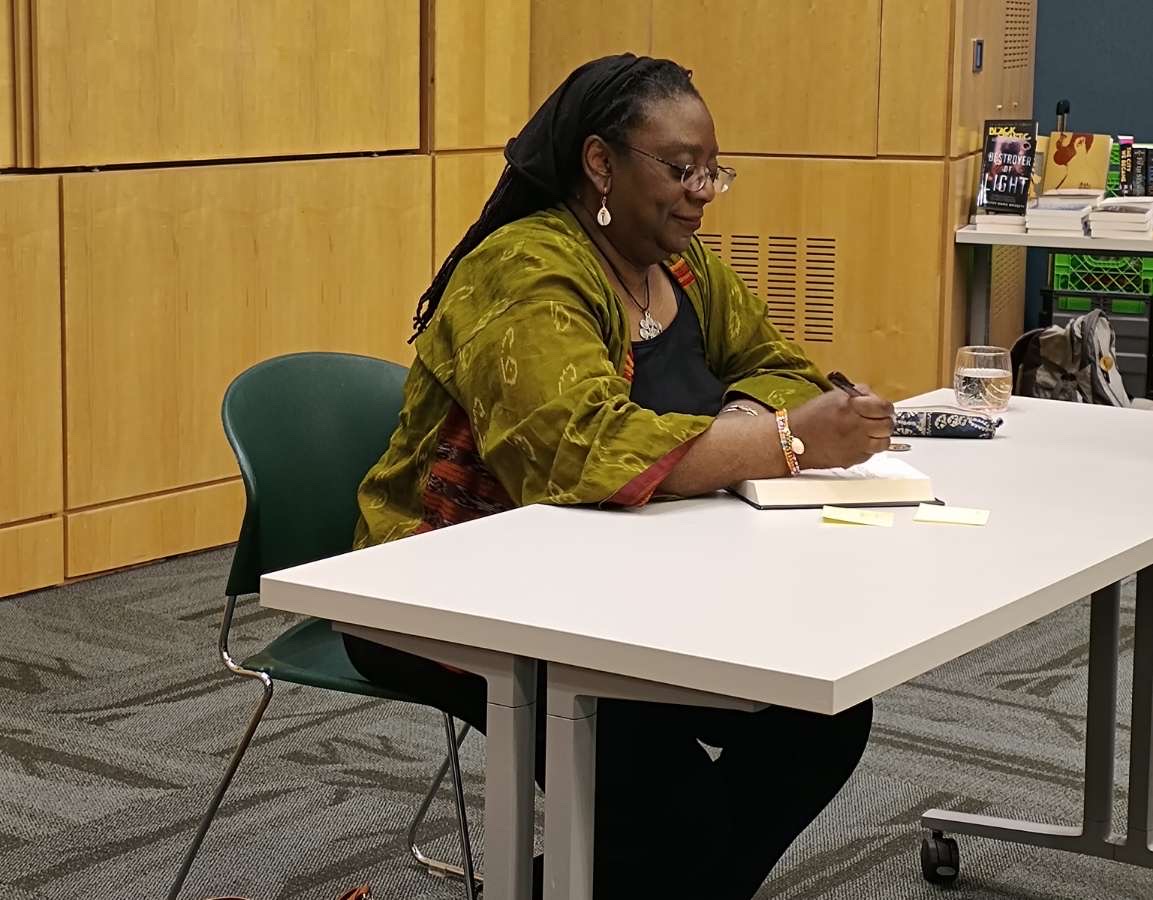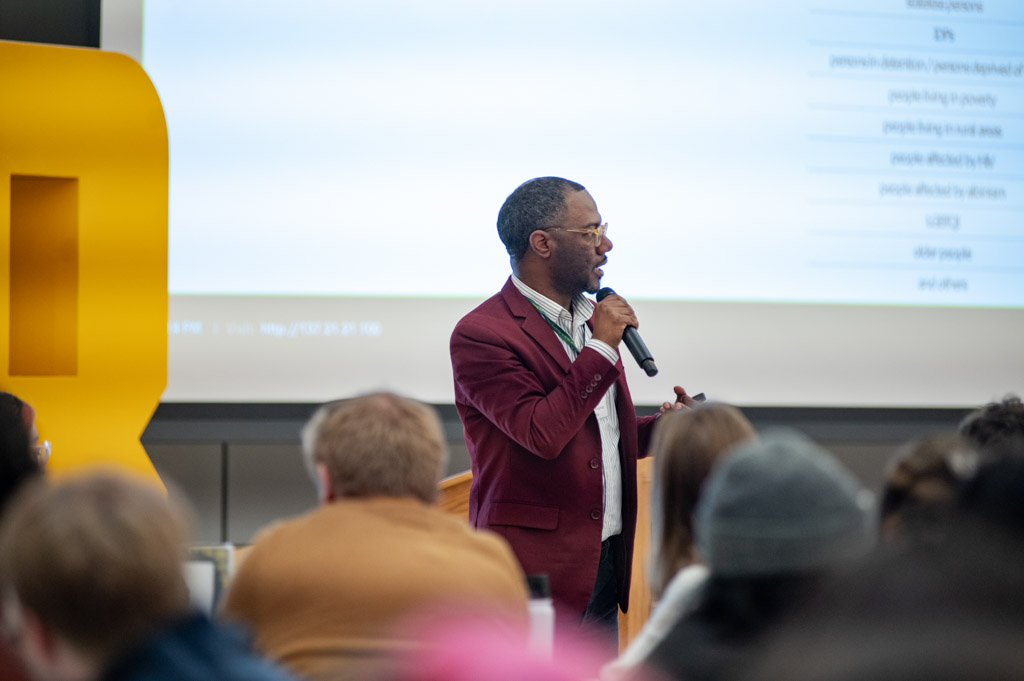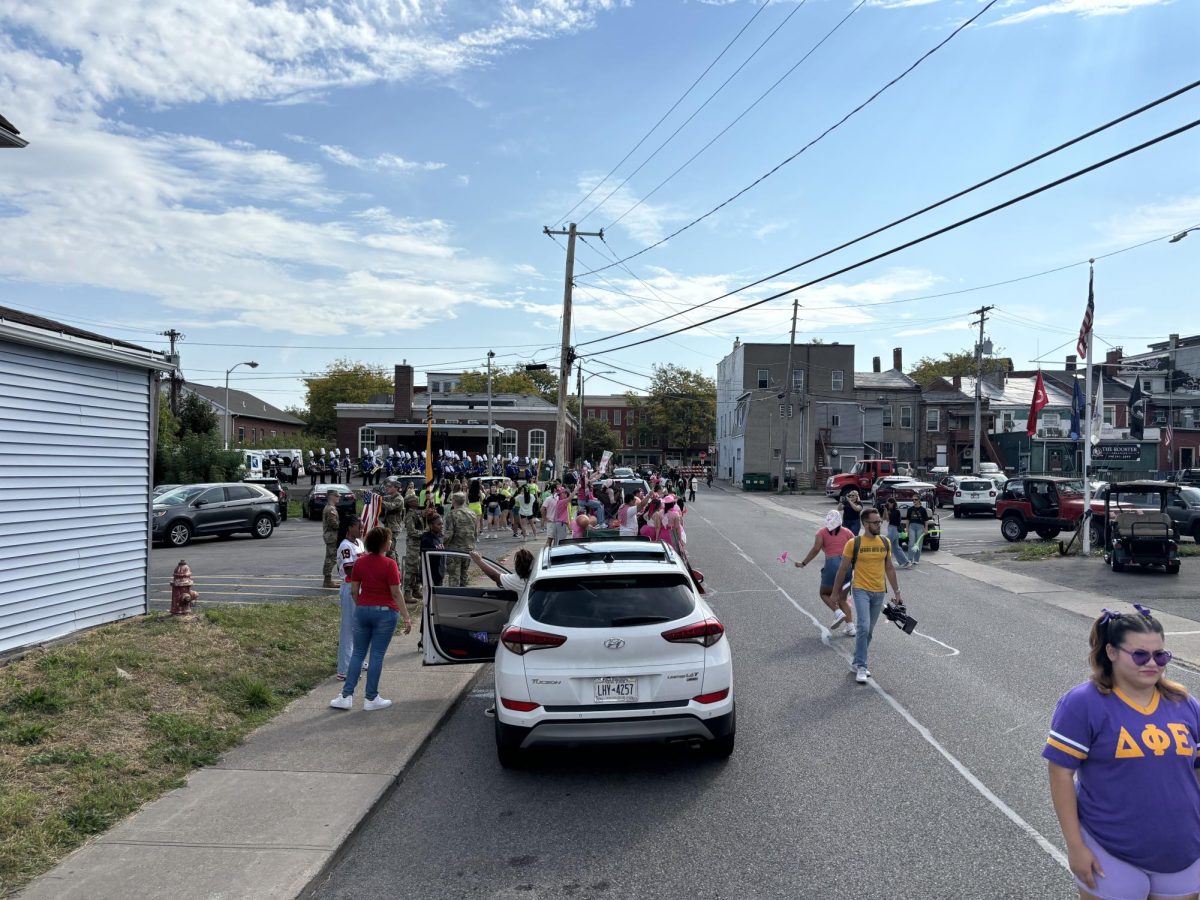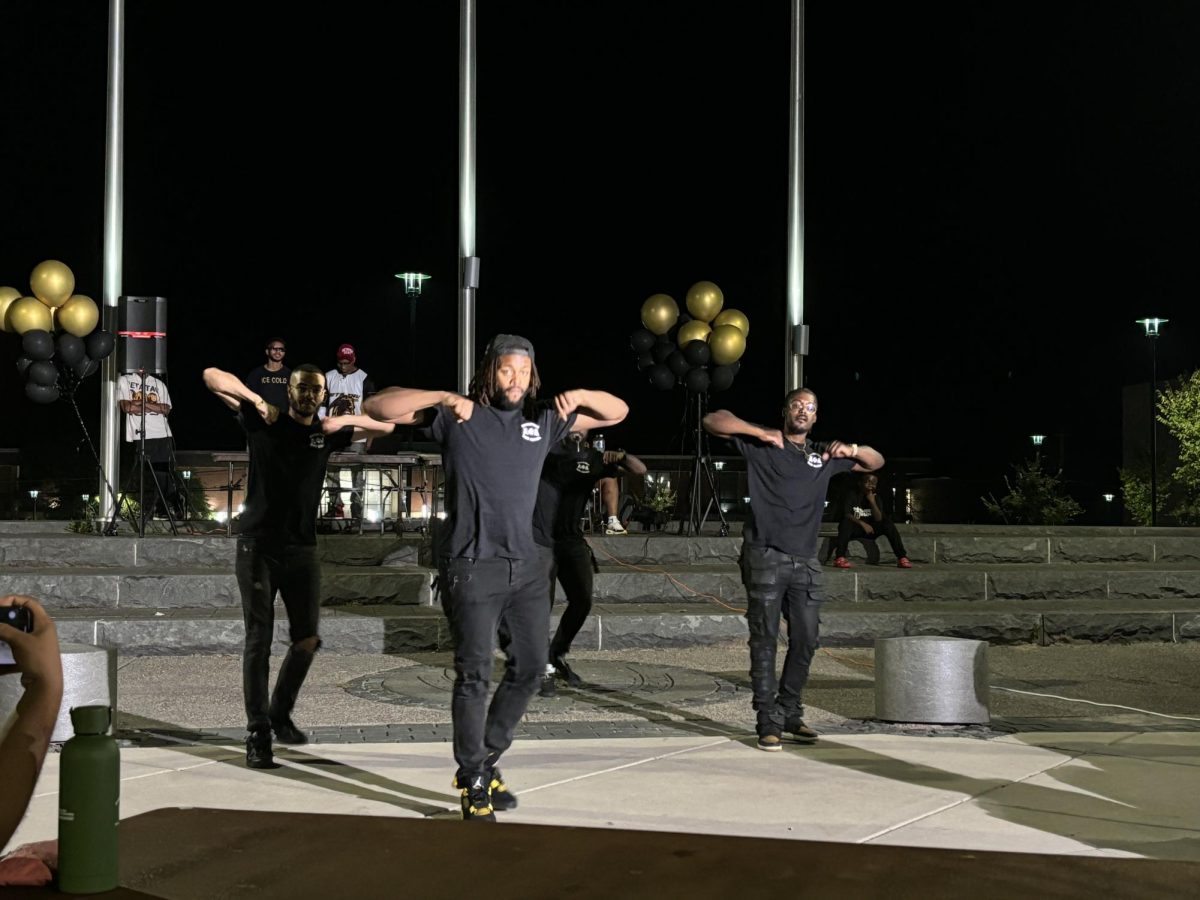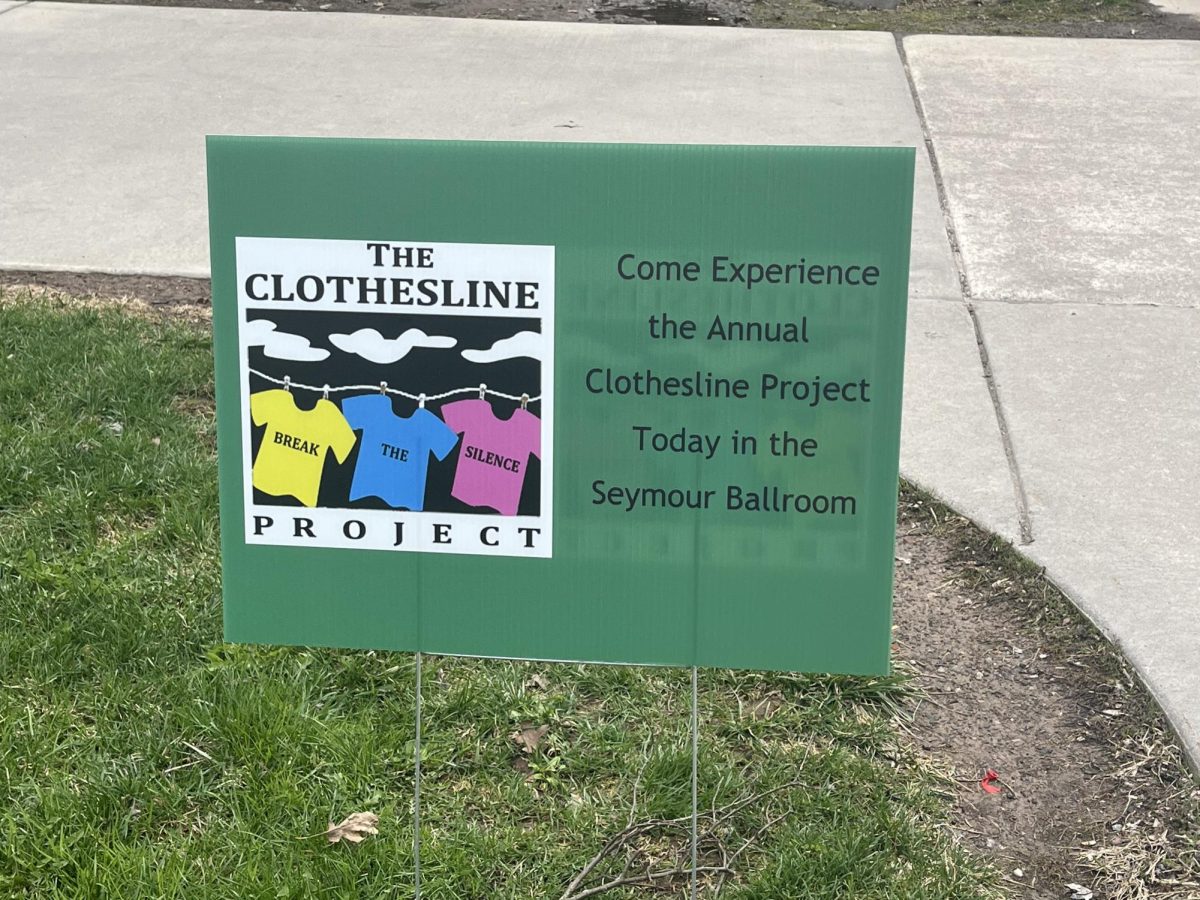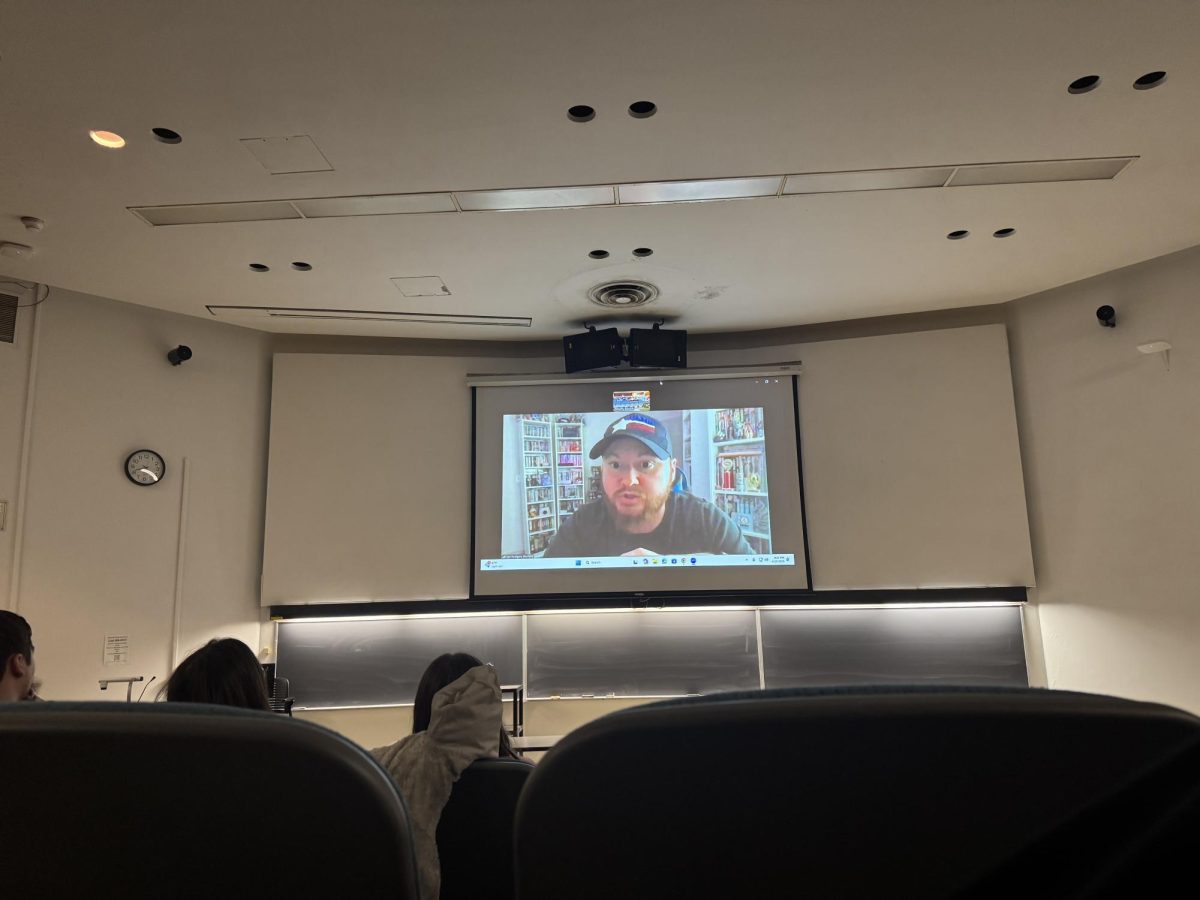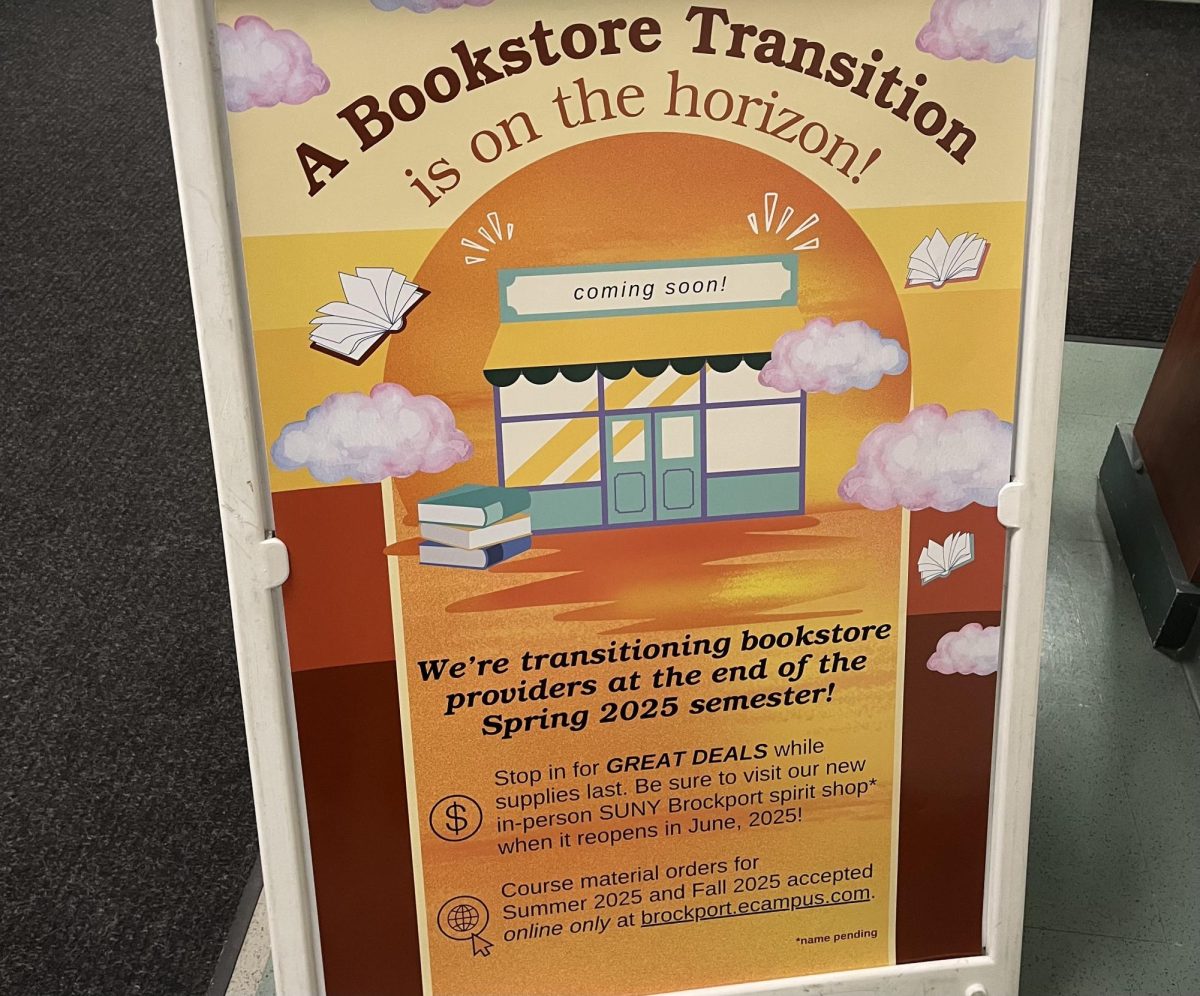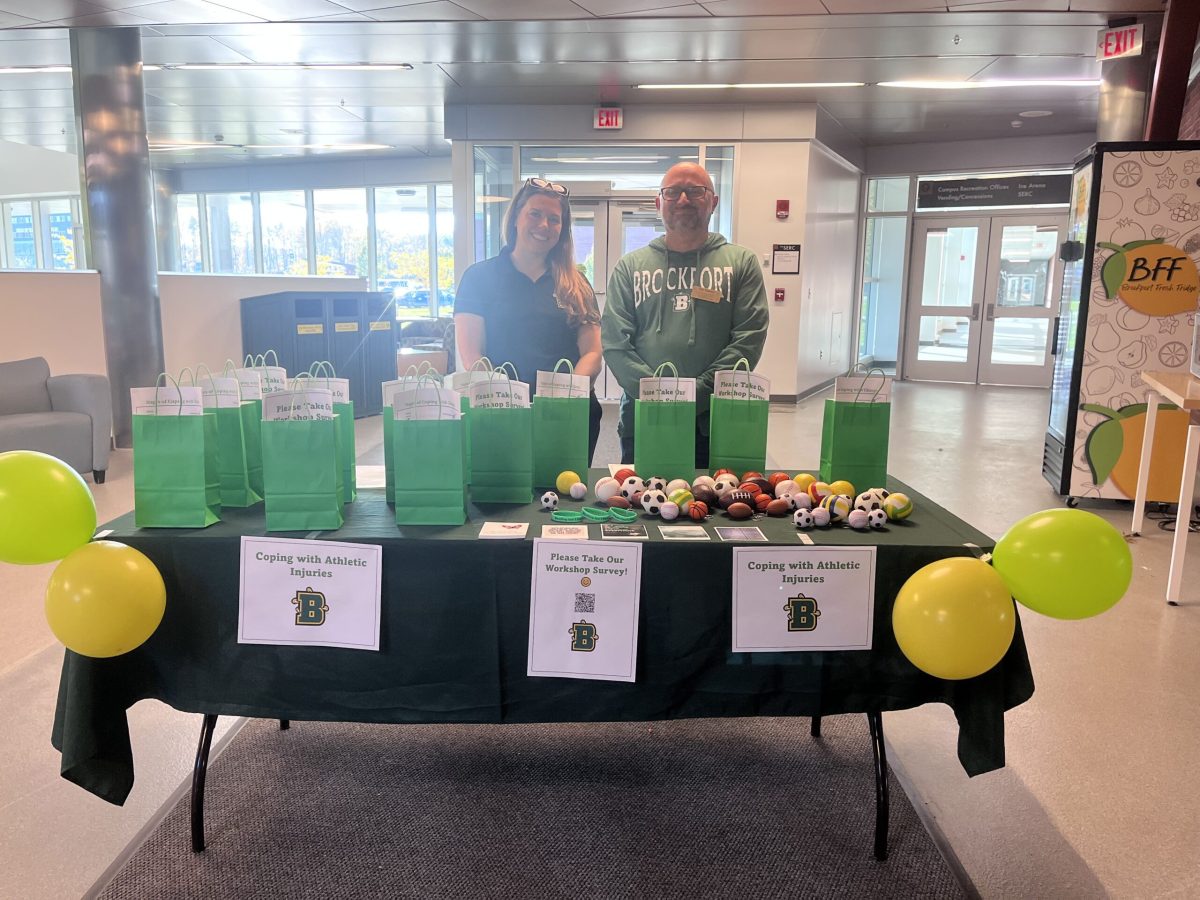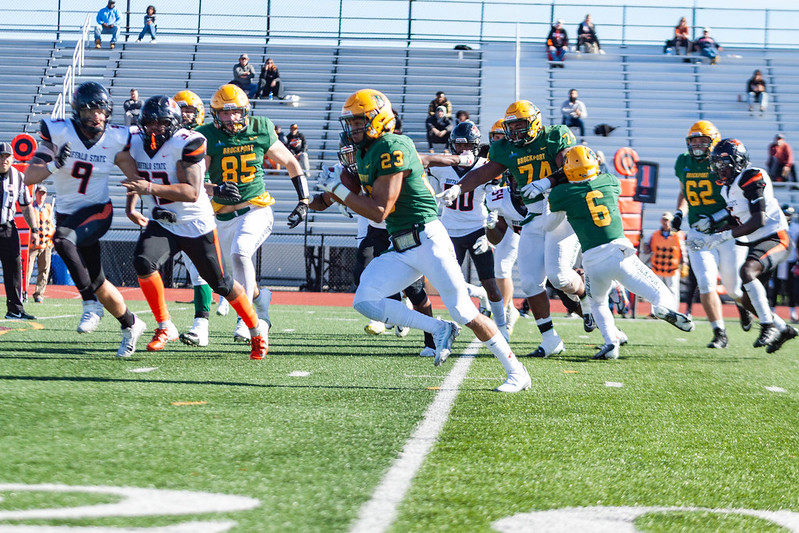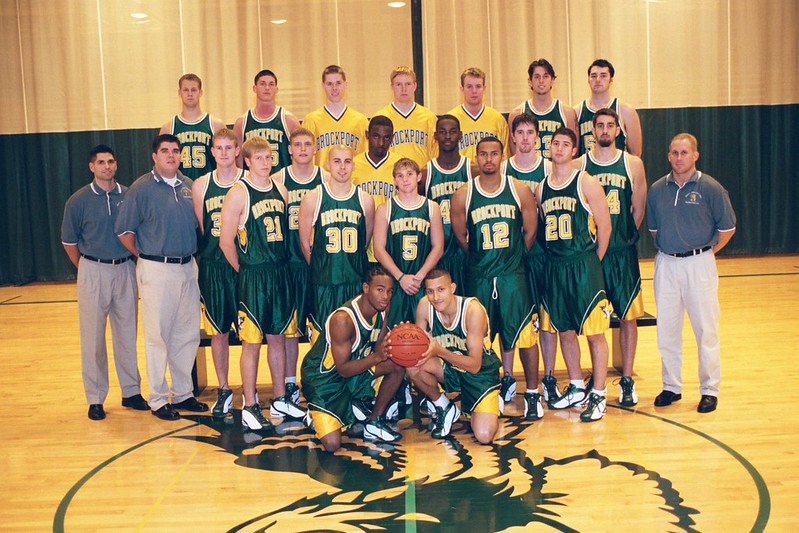The SUNY Brockport Athletic Department, along with the Hazen Counseling Center, hosted a virtual “Golden Eagle Roundtable” on March 11. A panel of former student-athletes, mental health experts and coaches gathered to share their experience and expertise regarding athletes’ pressures, expectations and mental health.
Kaylyn York was an athlete on Houghton’s women’s basketball team before she went on to graduate from the University of Pittsburgh in 2012. York suffered from anxiety and depression as a student-athlete, as well as added mental stress from being an LGBTQ college athlete. Now a coach, she addresses mental health and invites her players to talk about it openly with her.
“I think the first step is finding that safe support network and that safe community where you have that infinite invitation to talk about it,” York said. “Actually, just recognizing it and being able to speak it out loud to somebody else is huge, and I know for me, to know that I wasn’t the only one struggling with anxiety and feeling the way that I was feeling, having community was huge.”
Joe Clarke graduated from Brockport in 2009 and was on the men’s basketball team. Clarke’s history of mental health started at a young age, as other family members in his household suffered from anxiety and depression. It wasn’t until recently that he “hit that breaking point,” as he called it, and really started focusing on his mental health.
“I hated the feeling, I was sick of feeling that way and letting people down, and sick of feeling selfish in a way, because I didn’t accept help,” Clarke said. “When I started addressing my mental health and putting a lot of focus towards it, it was like weights coming off my shoulders. I could breathe. It just felt good to talk.”
The best advice Clarke would give his younger self was advice from his sister, who had suffered from severe depression and anxiety.
“She said ‘Joe, no matter how bad it is or you think it is, it’s always going to get better. So just don’t give up.’ A big thing for me is when you do feel comfortable talking about mental health, find a way to communicate it, and it doesn’t have to be talking – it can be writing a letter, it can be reading a blog, it could be listening to a podcast, there’s a lot of different things that can help,” Clarke said.
Kimberly Lubanski, a 2020 Brockport graduate and former athlete on the women’s soccer team, had to find ways to balance academics, athletics, extracurriculars and athletic training clinicals.
“I initially started keeping a planner,” Lubanski said. “I would physically make little squares and check things off each day so I could see when I was done with things. Once I realized I could figure out how to manage soccer and athletic training I added another major, and once I could manage all of those I added on extracurriculars. It was kind of just a matter of figuring out what was a priority for me at the time and adding on form there. It was a work in progress, but mentally being able to see myself take things off the list as the week went on and have less and less load was such a relieving thing and made all the difference for me to help go from my worst semester to getting into grad school.”
A handful of others spoke as well, but Katie Cariola, a mental health counselor from Brockport’s Hazen Counseling Center, explained how the pandemic has heightened anxiety and depression in many individuals.
“Everything is becoming exacerbated. If you had depression, it might be coming out now. If you had some kind of trauma in your history that maybe didn’t bother you so much, maybe it’s coming out now. We’re also seeing a lot of loss of structure. When there’s no structure or you have nothing to do at times and you feel unproductive, that breeds depression and feelings of worthlessness. It’s a huge thing I think for people to pay attention to,” Cariola said.
Mental health is something everyone will have to face at one point in their life. The stresses of athletics, schoolwork and COVID-19 are normal. It’s important to remember that if you are dealing with something such as anxiety or depression, you are not alone, and there are so many others out there feeling the same way you do.
Eagles Care Center is a new web based mental health resource.
Trained peers from the Middle Earth program offer virtual “hangout spaces” over zoom Monday through Thursday from 3 p.m. to 4 p.m. during the semester to provide an additional source of connection for students in quarantine or isolation.
Middle Earth hotline is staffed by peers and available not only for suicidal thoughts, but to connect with others. The service is available 1 p.m. to midnight Monday through Thursday and 24 hours on the weekends. The phone number is 518-442-5777
National suicide prevention lifeline: 800-273-8255

